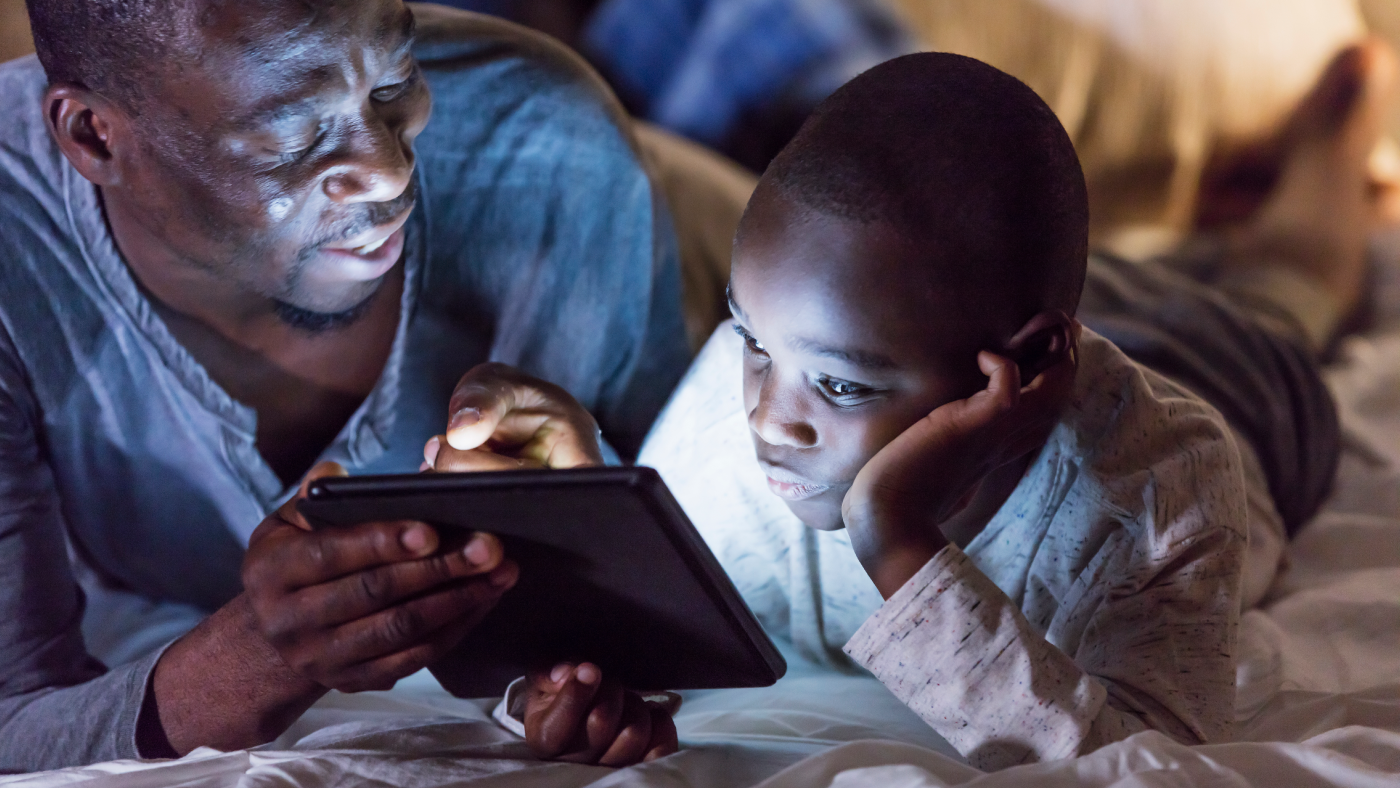
How Americans view emerging uses of artificial intelligence, including programs to generate text or art
Among Americans who have heard about AI programs that can write news articles, 16% describe this as a major advance for the news media.
Among Americans who have heard about AI programs that can write news articles, 16% describe this as a major advance for the news media.
BitChute is a video-sharing site and an alternative social media platform; here are key facts about the site and its users.
Many Americans are aware of common ways they might encounter AI in daily life, though fewer are able to correctly identify each of the six common uses of AI in the survey. More broadly, the public remains more concerned than excited about the increasing use of AI in daily life.
The percentage of single Americans who are looking for a relationship or casual dates is lower than in 2019, especially among men.
Three-in-ten U.S. adults say they have ever used an online dating site or app, and Tinder tops the list of dating apps the survey studied.
Tinder is the most widely used dating platform in the U.S. About half of those who have used dating sites or apps have had positive experiences, and some have met their partners on one; however, safety and harassment remain issues.
One-in-ten U.S. adults have heard of the alternative social media site Gettr, and only 1% say they regularly get news there.
About one-in-ten U.S. adults have heard of Gab, an alternative social media site, and 1% say that they get news there regularly.
Prominent accounts on Twitter are more likely than those on alternative social media sites to link to print publications, TV and wire services.
Here are key facts about the alternative social media service Rumble, an online video-sharing platform founded in 2013.

Roughly four-in-ten Americans have experienced online harassment. Growing shares face more severe online abuse such as sexual harassment or stalking.
Two-thirds of parents in the U.S. say parenting is harder today than it was 20 years ago, with many citing technologies, like social media or smartphones, as a reason.
From distractions to jealousy, how Americans navigate cellphones and social media in their romantic relationships.
Majorities of U.S. adults believe their personal data is less secure now, that data collection poses more risks than benefits, and that it is not possible to go through daily life without being tracked.











